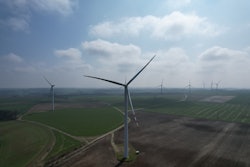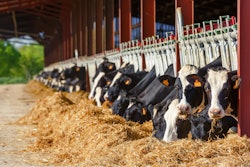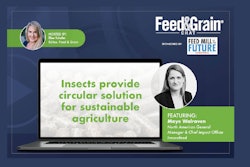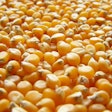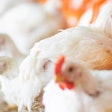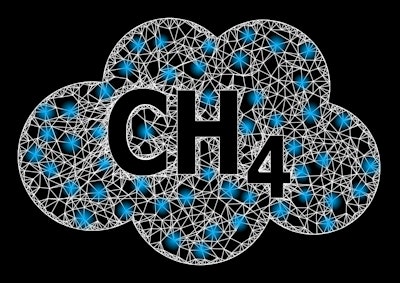
The world has the technologies and strategies that it needs to make significant cuts to emissions of methane from livestock production. Implementing those strategies may be the real challenge, according to a report by Abt Associates for the Global Climate and Health Alliance.
Methane, along with other greenhouse gases, contributes to rising global temperatures. Livestock enteric fermentation accounts for 29% of the world's methane emissions, suggesting that changes to global food production will be necessary in order to curb climate change, according to Amanda Quintana, one of the report's authors and project director for Abt Associates.
Existing solutions including selective breeding and improved animal feed, could cut emissions from livestock and manure by nearly one-third, according to the report. However, most of these solutions come at a cost to livestock producers. No-cost solutions to enteric emissions exist, but without outside incentives or investment, the livestock sector will reduce methane emissions by just 2% by 2030.
“Barriers to adoption may include lack of financing, inadequate technical capacity, the need for greater government support, etc.,” said Linh Nguyen, also an author on the report and a senior analyst at Abt Associates.
Livestock producers in lower-income countries may face even greater barriers than those in wealthier countries — even though they also stand to see the greatest benefits, according to the report. A U.S.-based case study determined that implementing all technically feasible emissions strategies could reduce emissions from livestock in that country by 30% without changes to the typical American diet. But low-quality animal feed, among other factors, mean cattle in regions such as East and Sub-Saharan Africa produce four times more methane per animal.
Policy support and increased outreach to smallholder livestock operations could help address these barriers, according to the report. The report also suggests policymakers consider the incentives created by subsidies and taxes and nationwide action plans such as the U.S. farm bill, while also increasing funding for research and outreach related to potential livestock emissions interventions. Helping producers make use of biogas, which can be collected from manure, as an alternative energy source could also support reductions in methane from livestock production, Nguyen said.


